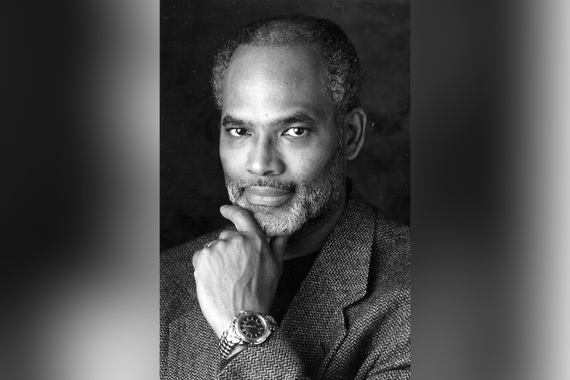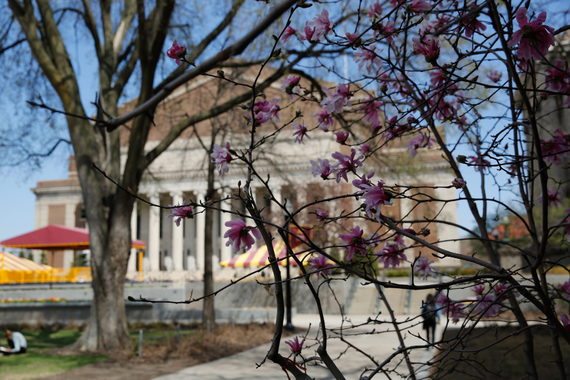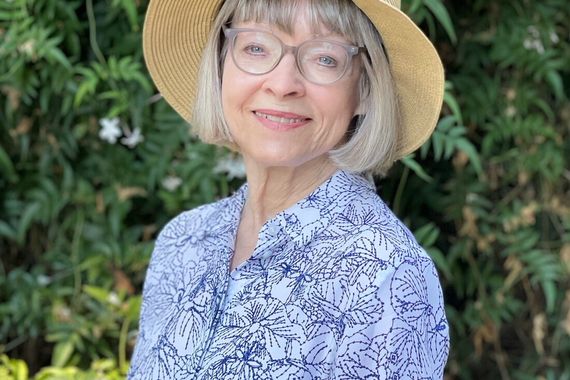Beyond “Yes” or “No”: Consent As Power
I think some folks end up being pretty surprised or shocked at how pervasive the problem [of people experiencing sexual trauma] is. We know that in college, about one in five women experienced some kind of sexual assault. We know that for LGBTQ folks that it's somewhere around more than half are experiencing this problem in college. Men experience a lot of sexual violence too—one in six over the course of their lifetime, usually before they turn 18.
That means that all of us, whether we know it or not, are impacted by this problem in some way. We all know somebody who's experienced sexual violence, even though we might not be aware of it. And those residual traumas impact our relationships. We might not even know it, but they do, and so this is really a problem that all of us are touching every day.
People may have seen Take Back the Night marches or other rallies where people have used the refrain that yes means yes and no means no when it comes to expressing consent. Is stopping sexual assault just a matter of teaching people the difference between yes and no?
I think there's a really awesome tradition of activism around these issues that's been going on for a while. It gets organized around these two mantras: yes means yes and no means no. The idea is both that we should take what other people want seriously and that enthusiasm should be a standard for any kind of closeness between people.
Those chants that have organized so much activism are super important, and I think we're also at a moment where we can have a more complex conversation where we can raise the ethical standard beyond, "Do you understand what these words mean?" since that's not ultimately the problem. It's a problem of power and inequity. So focusing just on “Do you know what 'yes' means? Or do you know what 'no' means?” That's not really the issue.
Your most recent book is called Beyond the Rapist: Title IX and Sexual Violence on US Campuses. Can you talk about the meaning behind that title?
I am arguing that we need to shift from focusing just on individual perpetrators to systems. It's really important to hold perpetrators, people who are assaulting or raping, accountable—that's really crucial.
Also, organizations need to think in a more encompassing way about the processes that teach that person to be a perpetrator and the systems that actually support perpetration. Those are embedded in institutions, and particularly in higher education in the United States. So “beyond the rapist” is a way to think past individuals towards the organizations and systems that are supporting and perpetuating sexual violence.
Can you talk about your research and consultation work?
I look at how everyday interactions scale up to become patterns that get organized, that become sedimented in institutions. And I also look the other direction at how the patterns and institutions impact everyday interactions. And I get to use theoretical tools from communication studies to help me think about that.
At a lot of universities in the US right now there are reporting policies for what people have to do when someone talks about an experience that they've had of violence. And that kind of pattern at the institution that's sedimented in policy means that if my first instinct might be to empathize with a person or offer up support that I also at the same time—if I'm a reporter—have to then pull in this bureaucratic process.
For folks who are maybe still building their skills around how to engage with people who have experienced trauma, figuring out how to do both of those things—empathize, support, and play this role of a reporter—can be really challenging.
This is kind of that policy level or the pattern in the organization filtering down and impacting an everyday interaction, one that might be really crucial, since we know that how people respond when people talk about violence is extremely impactful on their health and well being.
I do two kinds of consultations. One is a consultation where an individual will contact me when they're trying to think about how to navigate within an institution to get change to happen. And so I'll talk with them about what options I might have, obstacles they might encounter, and what kinds of risks go along with the different options they might have to create change.
The second kind of consultation I do is more when an organization comes to me looking for advice. In those consultations, I really am helping [the] organization to shift from thinking about products to processes. Rather than thinking about how to get this policy language right, think about what are the kinds of skills and habits that everyone in the organization needs to cultivate in order to change what's happening--at every level.
What are some of the biggest challenges you face in your consultation work and research?
In the consultation work that I do with the problems that are coming up, they are very much the problems that society is facing right now.
There have been a lot of incidents recently where we'll see very powerful individuals pushed out of their organizations and that's really important for accountability. The risk is that it could lead people to think that if we just push out the bad apples, we'll solve the problem. And that won't work.
When we start to think as individuals or as communities or organizations about [the fact that] this isn't just a couple people who are bad—that's not what the issue is—that all of us are implicated in this, that all of us are impacted by the issue in some way. And so we're actually all part of the problem in some way.
That's pretty uncomfortable to sit with that way of thinking about the problem. And so there's a lot of pushback on that. We see a kind of social retaliation happen. We see people not believing what's actually going on.
Sometimes that's a protective mechanism to not think that there's this really bad stuff happening, right? If I don't believe it, then I don't have to acknowledge things are really tough sometimes. So all of those kinds of processes come up when I'm working with organizations, or when I'm doing this research. It's really hard to start from a place of acknowledging that stuff has gone really wrong. It's easier if we just kind of pretend that it hasn't.
When I'm talking with my students, in particular about this problem, I'll talk about other ways that we learn and get better at things.
Many of my students have experiences on sports teams or in athletics, where it's pretty clear that to get better at something, you have to practice it a lot. And if you go to a really hard practice for some kind of athletic event, you often walk away and you're sore and you're tired. You might even have some bruises or right discomfort. But actually, that discomfort is the signal that you're getting better and building skill.
It's similar in terms of sexual violence, that acknowledging it is really uncomfortable for organizations and for individuals. But that making that acknowledgment, sitting in that discomfort is actually the signal that something is changing.


